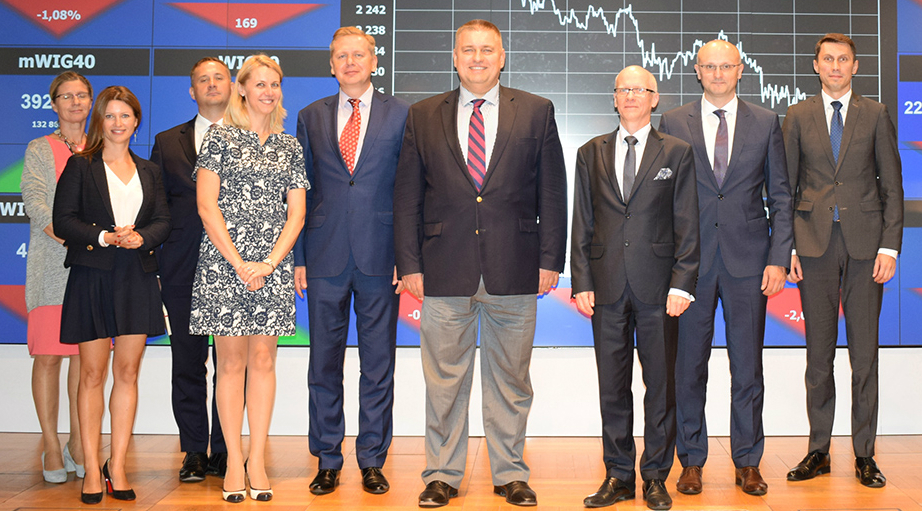The policy of normalization and “situational neutrality” brings tangible results
 The situation has gotten better
The situation has gotten better

Thanks to targeted efforts to improve relations with the West and assistance in resolving the conflict in the east of Ukraine, Belarus started receiving tangible financial results.
According to the head of the representative office of the European Bank for Reconstruction and Development (EBRD), Alex Pivovarsky, this year might become the most fruitful in terms of the bank’s investment in the Belarusian economy. Since early 2018, the Bank has signed 16 projects in Belarus worth some Euro 230 million, or about USD 270 million. By the year-end, the portfolio of current projects in Belarus would list some EURO 650-700 million. The EBRD Board of Directors delegation is in Belarus as of September 11th. This is the first such a visit takes place after the new country strategy for Belarus was adopted in 2016, which envisaged the expansion of the action programme in Belarus in response to Minsk’s greater openness at the international level; in addition, it referred to the changing geopolitical situation and the Belarusian government’s readiness for a dialogue on domestic issues.
On September 12th, 2018, the EU announced plans to implement a project in Belarus to support local economic development with a budget of Euro 7 million. The project will focus on working with small businesses and business incubators to stimulate economic development at the local level.
Last week, Ambassador of Sweden to Belarus Christina Johannesson, in an interview with the BelaPAN news agency, stated that the Belarusian-Swedish bilateral relations were developing rapidly. According to the ambassador, the countries were “working on a very broad agenda”. The resumption of the work of the Belarusian embassy in Sweden this summer could give a further boost to bilateral cooperation.
On September 12th – 13th, Deputy Foreign Minister Oleg Kravchenko visited Poland, where he took part in Belarusian-Polish inter-MFA consultations, met with a group of Polish analysts and observers, and Polish MPs.
With the beginning of the autumn, Minsk’s foreign policy activity in the western direction reactivated. Previous efforts to normalize relations have finally brought some tangible results. Arguably, Belarus has established stable working relations with some international financial institutions and some western capitals. Both, Minsk and the EU, have expressed optimism about the fate of important agreements, negotiations on which have been seriously delayed (EU Partnership Priorities and Visa Agreement).
Subscribe to our newsletter




Situation in Belarus
Constitutional referendum: main consequences


 Video
Video
How to count the political prisoners: are the new criteria needed?


 Video
Video
Paternalism In Decline, Belarusian Euroscepticism, And The Influence Of Russia


 Video
Video












